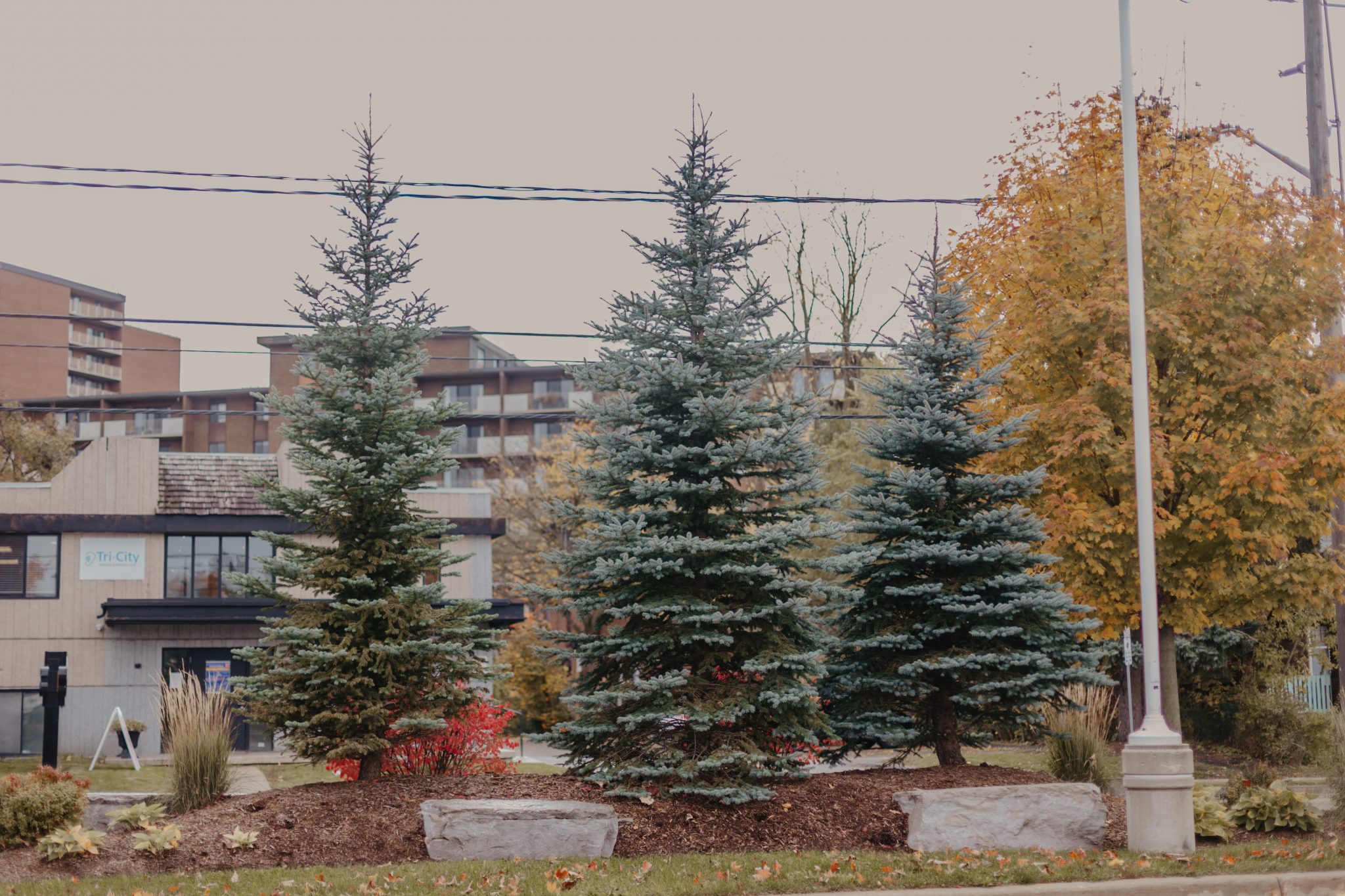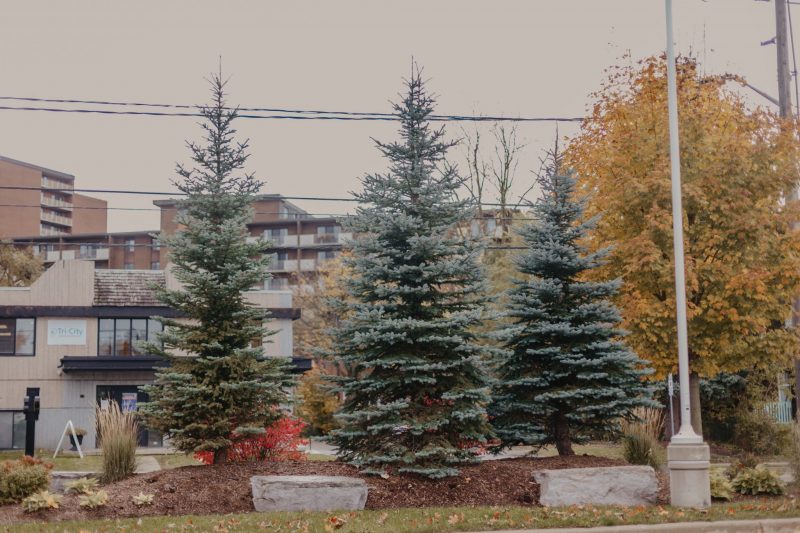Laurier’s Sustainability Office partners with community leaders in tree-planting initiative


The Sustainability Office, with support from Sustainable Waterloo Region and the Laurier Renewable Energy student club, has arranged to plant two micro forests in Waterloo.
“A micro forest is a highly, densely planted area that is planted to re-naturalize in spaces that have formerly been deforested for urban development,” Tova Davidson, executive director at Sustainable Waterloo Region, explained.
On Nov. 5, a micro forest was planted at Lincoln Heights Public School. Another planting will take place Nov. 12 at Sandowne Public School. Volunteers are welcome.
“I think it’s important for students to volunteer, to play a role in their community, especially in sustainability,” Dan McGregor, outreach and programs coordinator for the Sustainability Office, said.
Microforests offer a unique set of benefits. First among them is that planting trees is good for the environment.
“…[Microforests] provide a lot of different benefits including carbon sequestration … they also provide shade and reduced heat in urban environments … they also provide biodiversity,” Emma Fox, community engagement manager at Sustainable Waterloo Region, said.
“[Microforests] also helps with re-creation of habitat for species in urban areas, think birds and squirrels and groundhogs and raccoons, it gives space back … it’s giving back to the natural cycle of the earth.” Davidson added..
Other sectors also benefit from microforests, including economics.
“Things like storm water can damage buildings, it can cause flooding, it can cause issues with foundation, it can cause issues on the actual ground itself. Being able to provide a way to help manage that through naturalized space, like the inclusion of trees, that’s an area where [microforests] include financial benefits,” McGregor added.
People can enjoy microforests on an individual and social level as well.
“Socially, they provide a way to educate the community … a way to educate people on trees and why they’re important and why these naturalized areas specifically are important.” Said Fox.
“…it’s aesthetically pleasing, you’re taking this naturalized space, it’s good for your wellbeing, it’s good for your psychological health, it gives people a space to be around nature,” McGregor added.
“It’s also really good for our mental health. There’s all kinds of research that says it’s good for people to have access to see and be close to naturalized spaces,” Davidson said.
A microforest at Laurier is not currently in progress. In regards to tree planting initiatives on campus, McGregor said, “we’re always looking for opportunities to plant trees, looking at opportunities to have more native species, more pollinators, it is definitely important to the university and my office.”
Sustainable Waterloo Region offers volunteer opportunities for students. Further information can be found on the organization’s website.
“We really do want to encourage this next generation to continue being the champions of sustainability, to make that change really happen.” Davidson said in regards to volunteers.
For more information on the Sustainability Office and the next microforest initiative, email sustainability@wlu.ca.
“We always welcome more students, we love to see students out interacting with our office, interacting with alumni, interacting with other professionals …,” McGregor said.


